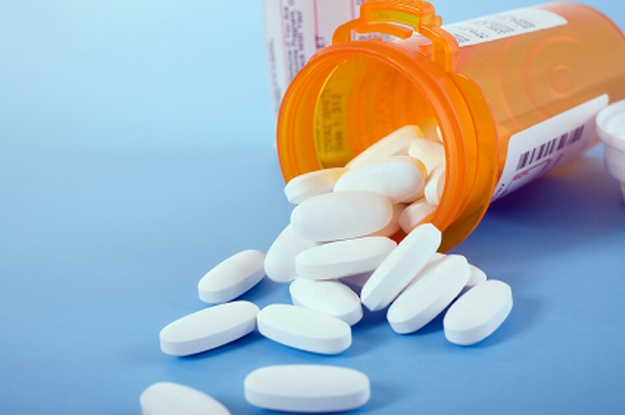Herpes Drugs Proven To Work, Just Not Forever
2012.01.07
A team of scientists from the University of Washington’s Virology Research Clinic in Seattle have confirmed that genital herpes can reactivate even if an infected person undergoes high dose antiviral therapy.

Their findings was based on three trials that involved 113 patients who received antiviral therapy to treat genital herpes, or herpes simplex virus type 2 (HSV—2). More explanation from WebMD:

Their findings was based on three trials that involved 113 patients who received antiviral therapy to treat genital herpes, or herpes simplex virus type 2 (HSV—2). More explanation from WebMD:
In the first study, the volunteers were randomly given a standard 400 mg, twice-daily dose of acyclovir or an inactive placebo pill for four weeks. After a one-week washout period, they switched to the active or placebo treatment for another four weeks.
The result: Swabs were 95% less likely to test positive for HSV-2 when a person was taking acyclovir. But even during treatment, people tested positive 3% of the time.
In the second and third studies, the researchers selected volunteers who suffered frequent genital herpes outbreaks. In study two, they took either 800 mg three-a-day, high-dose acyclovir or standard 500 mg daily doses of valacyclovir. Study three compared standard-dose valacyclovir against high-dose valacyclovir (1,000 mg three times daily). As in the first study, volunteers switched treatments after a one-week washout period.
The result: None of these very high doses of active anti-herpes drugs completely prevented genital shedding of infectious herpes virus. Even with high-dose valacyclovir, 3% of swabs carried herpes virus -- and patients tested positive 7% of the time.
The researchers believe that this discovery highlights the need for a new class of treatments to combat this common infection, which affects one in five people.The result: Swabs were 95% less likely to test positive for HSV-2 when a person was taking acyclovir. But even during treatment, people tested positive 3% of the time.
In the second and third studies, the researchers selected volunteers who suffered frequent genital herpes outbreaks. In study two, they took either 800 mg three-a-day, high-dose acyclovir or standard 500 mg daily doses of valacyclovir. Study three compared standard-dose valacyclovir against high-dose valacyclovir (1,000 mg three times daily). As in the first study, volunteers switched treatments after a one-week washout period.
The result: None of these very high doses of active anti-herpes drugs completely prevented genital shedding of infectious herpes virus. Even with high-dose valacyclovir, 3% of swabs carried herpes virus -- and patients tested positive 7% of the time.
- Herpes transmission,
- herpes treatment,
- genital herpes treatment,
- genital herpes spread,
- how catch genital herpes,
- herpes flare up,
- herpes shedding,
- herpes viral shed,
- herpes virus catch,
- sex spread herpes,
- sexual spread herpes,
- HSV 2 spread,
- herpes type 2,
- aciclovir herpes spread,
- acyclovir herpes prevention,
- aciclovir herpes prevention,
- valacyclovir herpes spread,
- valaciclovir herpes spread,
- Valtrex herpes treatment,
- Valtrex herpes spread,
- Valtrex herpes prevention,
- Zovirax herpes spread,
- Zovirax herpes prevention,
- Zovirax herpes transmission,
- Christine Johnston,
- Philippe Van de Perre,
- Nicolas Nagot,
- Daniel DeNoon
More Articles
Copyright © Fooyoh.com All rights reserved.